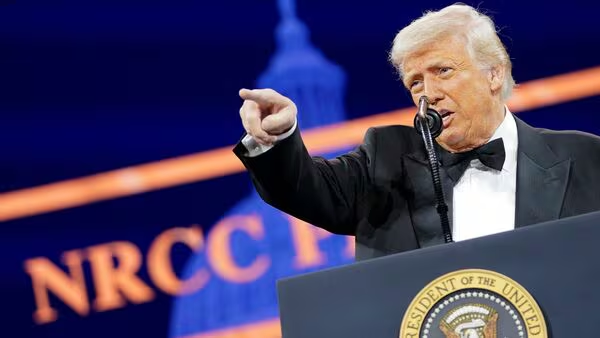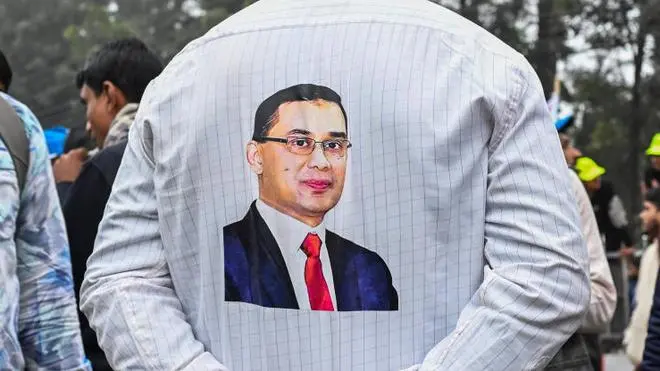WASHINGTON D.C. – President Donald Trump has ignited a fresh wave of controversy with scathing remarks directed at the American microchip manufacturing industry and a staunch defense of H-1B immigrant workers. Trump’s comments come as the U.S. endeavors to rebuild its domestic semiconductor chip production capabilities.
Speaking on the issue, Trump asserted that the American workforce lacks the necessary technical skills for semiconductor manufacturing, a critical industry he believes the nation has “very foolishly” lost to Taiwan. “We don’t make chips anymore,” Trump stated, adding, “If you’re going to make chips, we have to train our people to make chips, because we very foolishly gave away the chip business to Taiwan.“
His statements directly challenge ongoing efforts to bolster U.S. manufacturing. Trump dismissed the 2022 CHIPS Act, designed to incentivize domestic semiconductor production, as a “disaster.” Despite this criticism, he expressed an optimistic long-term view, predicting that the U.S. chip market would soon recover and that within a few years, “most of the chip manufacturing in the world is going to be in the US.“
Defense of H-1B Workers
Central to Trump’s argument was his defense of H-1B immigrant workers, whose visas are typically granted for specialty occupations requiring specific technical expertise. He argued that these workers are essential due to the perceived skill deficit among Americans in chip manufacturing.
Political Backlash Mounts

Trump’s remarks have swiftly drawn criticism, even from within his own Republican party. Florida Governor Ron DeSantis responded to Trump’s stance on November 13, stating that Republicans in Congress could legislate to “end H1B,” emphasizing that “actions matter, not words.“
Adding to the backlash, other officials pointed out the historical irony in Trump’s comments, noting that the microchip was invented by American engineers Jack Kilby and Robert Noyce, working on U.S. soil.
Despite the mounting criticism, Trump remains resolute in his perspective on American industry. “The good news is everything’s coming back,” he affirmed. “It should have been here all the time.“
The debate over America’s industrial capabilities, immigration policy, and global competitiveness in critical technologies like semiconductors is expected to intensify as the nation approaches future elections.










